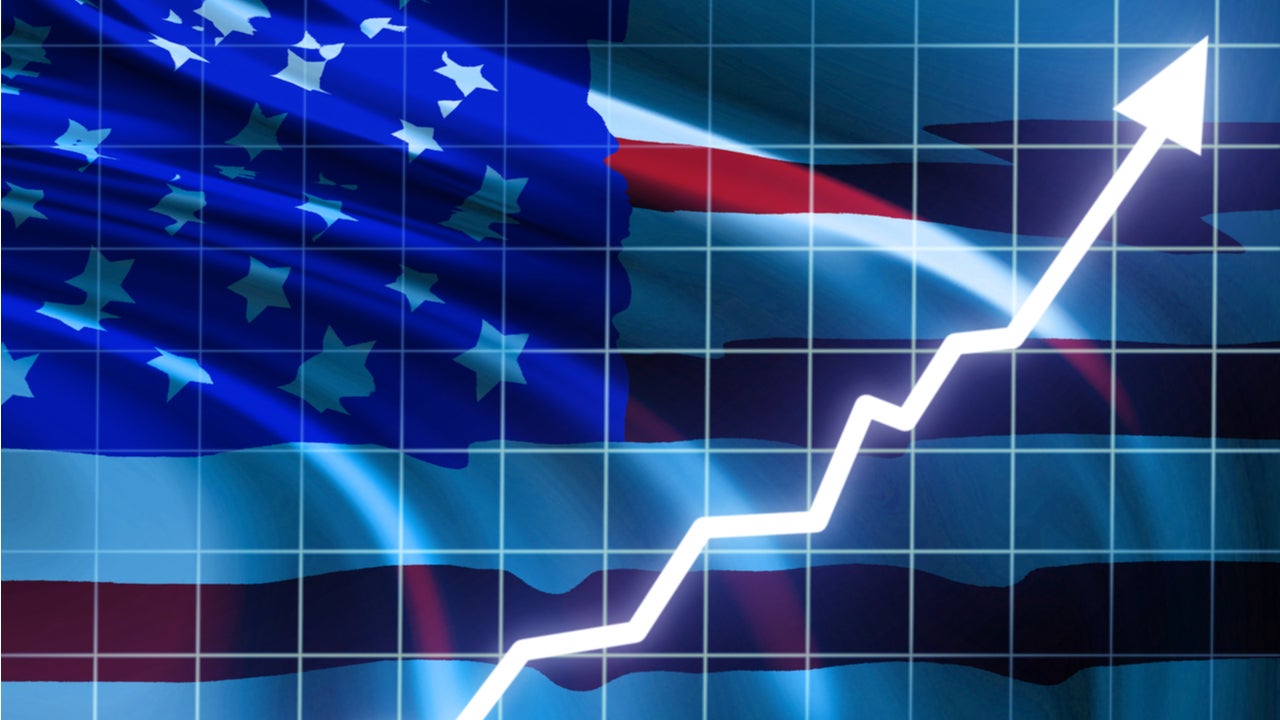Some economists believe that production and shipping disruptions will subside along with Covid-19 cases, along with increased bargaining power of labour determining more rapid economic growth in the next few years.
Betsey Stevenson
Betsey Stevenson, an economist and professor of economics and public policy at the University of Michigan Gerald R. Ford School of Public Policy, retweeted an article shared in The Signal, on the uncertain shift to post-Covid jobs and markets. Stevenson believes that the US economy is showing conflicting symptoms, where challenges related to inflation and jobs indicate how the pandemic has changed the way people want to work or purchase commodities.
The US economy is in a transition stage, she opines. As a result, like other economies, it is still struggling to meet the challenges associated with labour shortages, inflation, and rising unemployment levels. However, 75% of the unemployment levels have been recovered, while she believes supply chain bottlenecks and the inflation caused by it will remain only until Covid-19.
Stevenson also stated that US GDP has fully recovered to its pre-pandemic levels. Despite the slump in the spring of 2020, she opines that the recession has been short and sharp, while non-economists would not recognise that due to the continuing job, health, and economic consequences faced in 2020 and later with the resurgence of the Delta variant.
“There’s a potential for much more rapid economic growth in the next few years, which is about the rapid adoption of technology that makes people more efficient in their work.” @BetseyStevenson: https://t.co/Iyh1VNsGHJ pic.twitter.com/zeNngCB0Fh
— The Signal (@thesignal) October 26, 2021
 GlobalData Strategic Intelligence
GlobalData Strategic IntelligenceUS Tariffs are shifting - will you react or anticipate?
Don’t let policy changes catch you off guard. Stay proactive with real-time data and expert analysis.
By GlobalData
David Rosenberg
David Rosenberg, president, chief economist and strategist of Rosenberg Research and Associates, retweeted an article shared by Trading Nation, on hyperinflation warnings being exaggerated and irrational. Blaming rising prices on Covid-19-induced supply side shocks, Rosenberg believes that deflation will eventually grip the US economy.
While steering away from the hyperinflation theory, Rosenberg still expresses concerns over the markets and the economy and believes that asset deflation could lead to deflation in the economy. Therefore, it was wrong to assume that the pandemic-induces supply shocks will cripple the economy and lead to runaway inflation.
Economist David Rosenberg suggests hyperinflation warnings are irrational.
He blames rising prices on Covid-19-induced supply side shocks. According to Rosenberg, it’s wrong to assume the impact will cripple the economy… (via @StephLandsman)https://t.co/q87wg1ojhB
— Trading Nation (@TradingNation) October 26, 2021
Jason Schenker
Jason Schenker, president of Prestige Economics and chairman of The Futurist Institute, shared an article on what the planning ahead for full economic recovery in 2022 and post-Covid should look like. Schenker believes the pandemic will gradually fade away next year, as robust vaccinations against the virus are likely to accelerate in the coming year.
Despite a recent surge in coronavirus cases caused by the emerging Delta variant, breakthrough Covid cases or vaccinated individuals contracting the infection, have mostly resulted in mild symptoms. Schenker opines that this could pose a positive economic outlook for the year ahead.
US government debts also rose sharply during the Covid-19 outbreak, but the debt-to-GDP ratio dropped from the peak levels of the pandemic as the country’s economic growth improved in 2021. The following year is also likely to be influenced by some policy implications that may lead to elevated debt levels, as higher debts would lead to raising US tax rates.
Supply chain concerns revolve around material shortages which is likely to disintegrate in 2022, Schenker mentions. However, labour shortages, supply chain bottlenecks, and US-Chinese relations will remain strained. These factors will contribute towards elevated inflation and against Fed’s promise of returning to the pre-Covid 2% target. While the demand for industrial metals will be supported by a loose monetary policy and strong global growth, a greater demand and price risks for petroleum and oil will persist, he added.
What's next for the #future of the #economy? My MHI Solutions article about planning for full recovery was released at the end of August. The main points about #oil, inflation, and debt are as relevant as ever.
This article inclu…https://t.co/voTs2vZ4Hx https://t.co/EwKFEY8Q9K
— Jason Schenker (@PrestigeEcon) October 26, 2021




